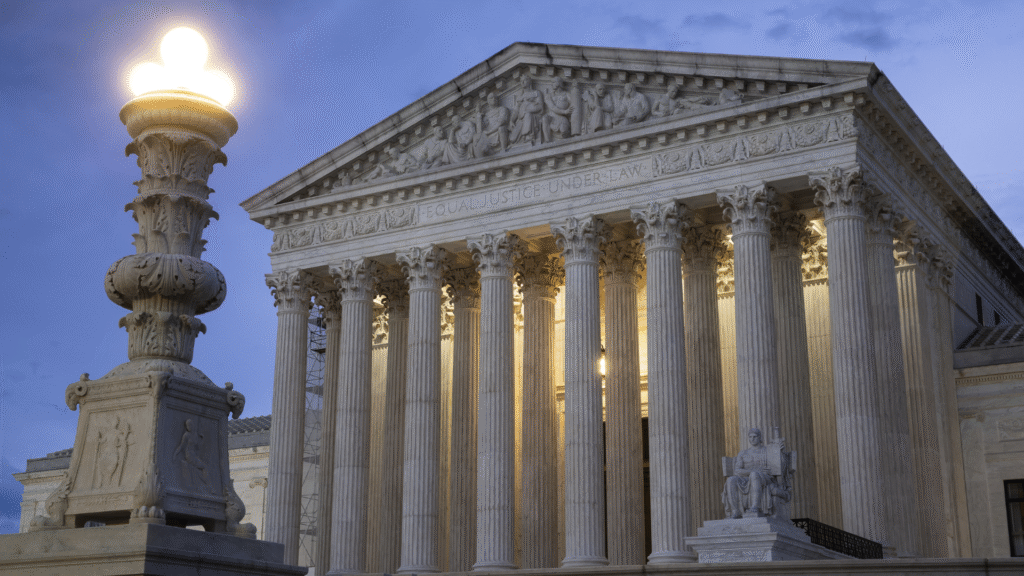
The U.S. Supreme Court (SCOTUS) ruled Tuesday to allow the Trump administration’s ban on transgender individuals serving in the military to take effect while ongoing legal challenges play out in lower courts.
The Supreme Court decision marks a significant development in a legal fight over a policy that presumptively ban transgender people from serving, reversing a previous Obama-era directive that allowed open service. The Court’s ruling lifts lower court injunctions that had previously blocked the enforcement of the ban. However, it is not a final ruling on the legality of the policy itself.
The court’s liberal wing—Justices Ruth Bader Ginsburg, Stephen Breyer, Sonia Sotomayor, and Elena Kagan—objected, stating they would have kept the policy on hold pending further review.
President Trump reintroduced the ban shortly after beginning his second term, framing it as a move to protect military discipline and cohesion.
In an executive order, he asserted that allowing transgender individuals to serve openly was “inconsistent with a soldier’s commitment to an honorable, truthful, and disciplined lifestyle,” and claimed their presence posed risks to military readiness.
Following the president’s directive, Defense Secretary Pete Hegseth issued guidelines giving military branches 30 days to establish procedures for identifying and discharging transgender service members. Critics called the move discriminatory and damaging to the careers and reputations of those already serving.
Lower federal courts had initially ruled against the administration. U.S. District Judge Benjamin Settle of Washington state sided with several transgender service members, ruling that the policy unjustly targeted individuals who had served honorably.
Settle, a former U.S. Army JAG officer and appointee of President George W. Bush, criticized the administration’s lack of justification for the ban, noting there had been no documented issues with openly transgender troops in the years prior.
Settle issued a nationwide injunction, which was later upheld by a federal appeals court. When that court rejected the Trump administration’s emergency request to lift the block, the Justice Department turned to the Supreme Court.
Separate rulings have also blocked parts of the policy. A judge in the District of Columbia had previously halted implementation, but that order was paused by an appellate court pending further review. The D.C. panel included two judges appointed by President Trump, who appeared supportive of the administration’s case during oral arguments.
Additionally, a New Jersey judge issued a more narrow order preventing the Air Force from discharging two transgender men. The judge agreed that their removal would inflict irreparable harm to their careers, something monetary compensation could not remedy.
While Tuesday’s Supreme Court decision allows the policy to go into effect, the issue remains far from settled. Lower courts will continue reviewing its constitutionality in the months ahead.

